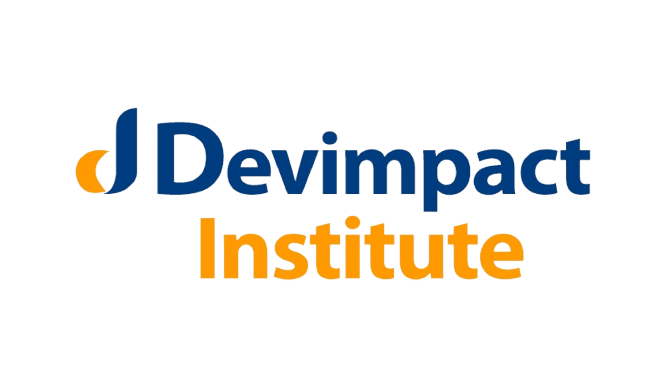
Training on Cost and Management Accounting
More managers and business owners are looking to streamline procedures and optimize resource usage in today’s fiercely competitive corporate climate. By minimizing financial waste, those in cost and management accounting roles contribute significantly to maximizing profit. They are responsible for supplying information that can aid in economical decision-making.
The training on cost management accounting exposes participants to the fundamental ideas behind this function and goes over a number of key ideas, including job costing, process costing, absorption costing, and variable costing. Participants will learn how to do a cost-volume-profit (CVP) analysis and utilize budgets to manage finances and also how to use costings to make informed management decisions.
Target Participants
Cost management accounting is designed for; accounting and finance professionals, managers, consultants, and anyone who wants to improve their knowledge on coast and management accounting.
Course Duration
Online 7 Days
Classroom-based 5 Days
What you will learn
By the end of this course the participants will be able to:
- Understand the relationship between cost accounting, financial accounting and managerial accounting
- Understand key concepts of cost and management accounting
- Understand the relationship between the cost-volume and profit
- Analyze variances between Actual, Budgeted and Previous years’ figures for corrective actions
- Evaluate return on capital expenditure and investment projects
- Use management accounting to make informed management decisions
Introduction
- Definition of management accounting
- Concepts of management accounting
- Financial accounting
- Difference between management and financial accounting
- Introduction to cost accounting
- Planning, budgeting and forecasting
- Performance measurement
Components Of Financial Statements
- Income & expenditure account
- Balance sheet/ Statement of financial position
- Cash flow statement
- Statement of changes in equity
- Notes to the financial statements
Cost Accounting
- Cost classification
- Cost behavior
- Fixed & variable cost
- Understanding break-even point
- Cost volume profit relations
- Marginal & absorption costing
- Activity based costing
- Standard costing
Variance Analysis
- Price variance
- Volume variance
- Mix variance
- Efficiency variance
- Sensitivity analysis
- Practical Example
Working Capital Control
- Inventory control
- Accounts receivable
- Accounts payable
- Reconciliation of sub-ledgers
- Other current assets & current liabilities
- Tax and deferred taxation
Budget Process and Management
- Preparation of master budget
- Fixed v/s flexible budgets
- Cash budgets
- Quarterly reviews
- Forward planning
- Budget/ actual comparison
- Zero based budgets
- Analyzing budget variances and remedies
- Management cost control reports and corrective actions
Capital Expenditure
- Capital investment appraisal
- Return on investment
- Payback period
- Net present value
- Discounted NPV
- Internal rate of return
- Lease or buy decisions
- Tax implications
- Providing and interpreting financial information for decision making

